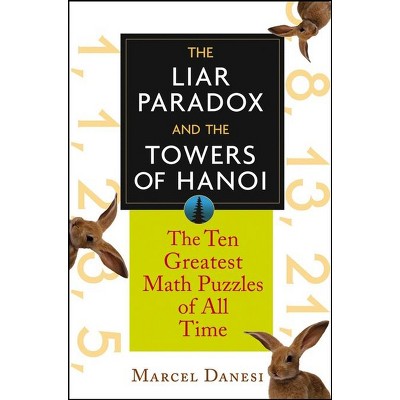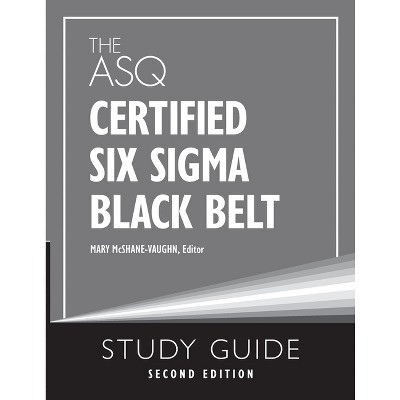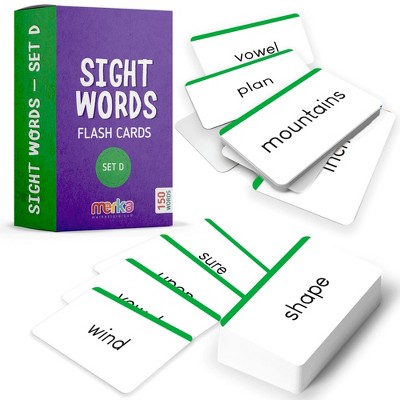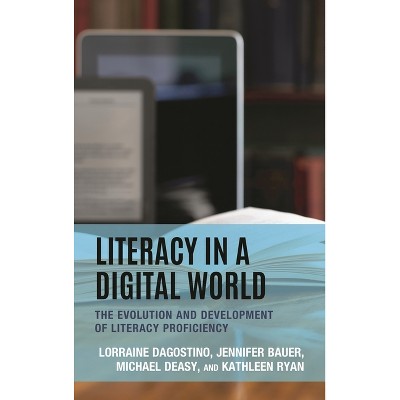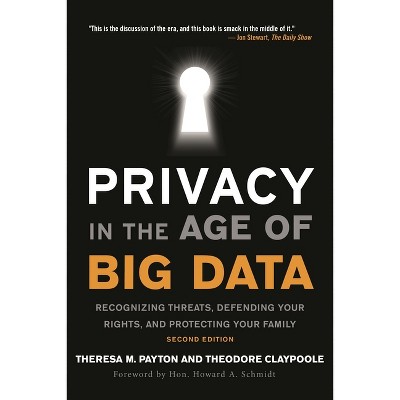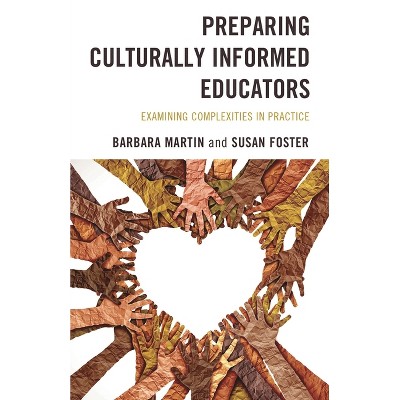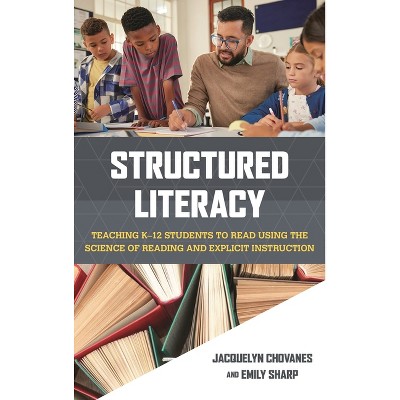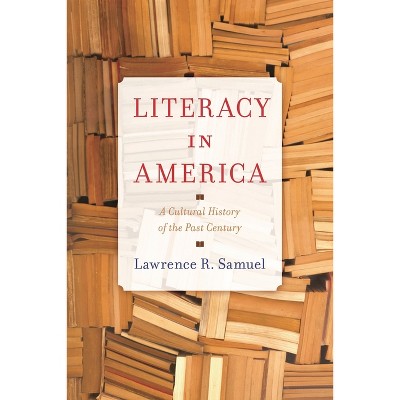Sponsored

Culturally Responsive Data Literacy - by Ellen B Mandinach (Paperback)
In Stock
Sponsored
About this item
Highlights
- The first practical, accessible PK-12 resource to integrate culturally responsive teaching and practice data literacy into daily classroom practices.
- About the Author: Ellen B. Mandinach is a Senior Research Scientist and a leading expert in the area of data-driven decision making at the classroom, district, and state levels.
- 142 Pages
- Education, Multicultural Education
Description
About the Book
The first practical, accessible PK-12 resource to integrate culturally responsive teaching and practice data literacy into daily classroom practices.Book Synopsis
The first practical, accessible PK-12 resource to integrate culturally responsive teaching and practice data literacy into daily classroom practices.
Review Quotes
One of the things that matters most in learning to teach is understanding how to use data to make good decisions. The present volume embraces new research to remake the data literacy concept, emphasizing the role of cultural responsiveness in this process. Whether we practice teaching or not, the decisions we make in many aspects of life can benefit from the informative and entertaining scenarios for culturally responsive data literacy that Mandinach provides in this book.
This actionable and accessible volume offers a much-needed toolbox for engaging in culturally relevant data use. The real-life scenarios are invaluable resources for both practitioners and researchers to grapple with pressing issues of equity and ethics in data use efforts. This book offers critically important guidance for undertaking this work in a shifting political and policy landscape.
About the Author
Ellen B. Mandinach is a Senior Research Scientist and a leading expert in the area of data-driven decision making at the classroom, district, and state levels. Her work over the past 20 years has focused on understanding how educators are using data to inform practice. She has written and spoken widely on the topic, and has served on a number of technical working groups and advisory boards on data use. She first developed the construct data literacy for teachers and now culturally responsive data literacy. Dr. Mandinach is working with schools of education, teacher preparation programs, professional organizations, and state and local education agencies to help them integrate culturally responsive data literacy and data ethics into their work. Most recently, she is helping to build the data infrastructure at the Nevada Department of Education and in districts throughout Vermont. She is developing materials on data privacy and data ethics for educator preparation and in-service training to help educators use data effectively and responsibly.
Dr. Mandinach has authored dozens of publications for academic journals, technical reports, and seven books. She has guest edited several special issues of journals, including Teachers College Record, Studies in Educational Evaluation, and Teaching and Teacher Education. She was an author on the IES Practice Guide, Using Student Achievement Data to Support Instructional Decision Making. Recent books, Data Literacy for Educators: Making It Count in Teacher Preparation and Practice and Transforming Teaching and Learning Through Data-Driven Decision Making, are volumes that help educators to make better use of data. Her most recent book, The Ethical Use of Data in Education: Promoting Responsible Policies and Practice, focuses on data ethics in education. She has regularly presented at international, national, and regional conferences on education and psychology. She received the 2015 Paul D. Hood Award for Distinguished Contribution to the Field from WestEd. She has served as the President of the American Psychological Association's Division of Educational Psychology. She created the Data-Driven Decision Making in Education Special Interest Group of the American Educational Research Association and served as its first chair. She is a Fellow of APA and AERA. She received an AB in psychology from Smith College and a Ph.D. in educational psychology from Stanford University.
Shipping details
Return details
Frequently bought together
Trending Non-Fiction







